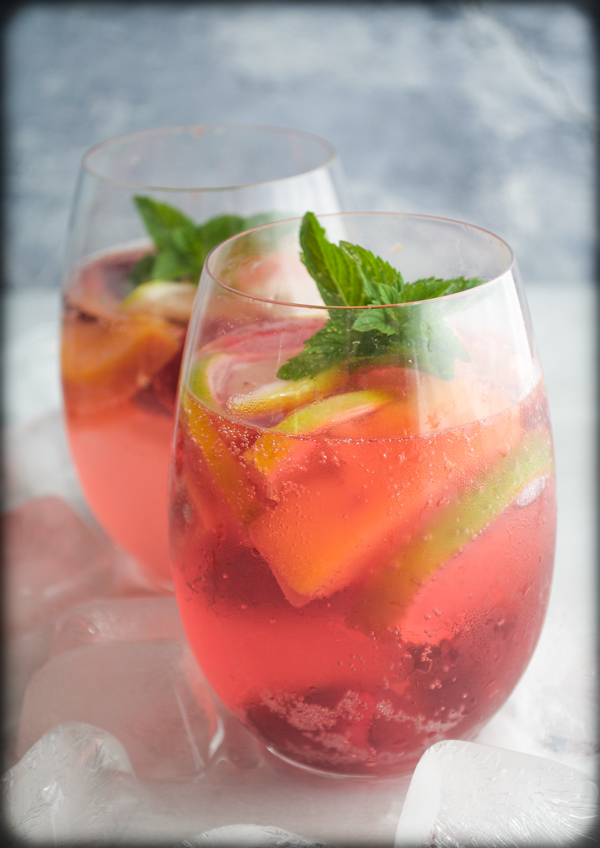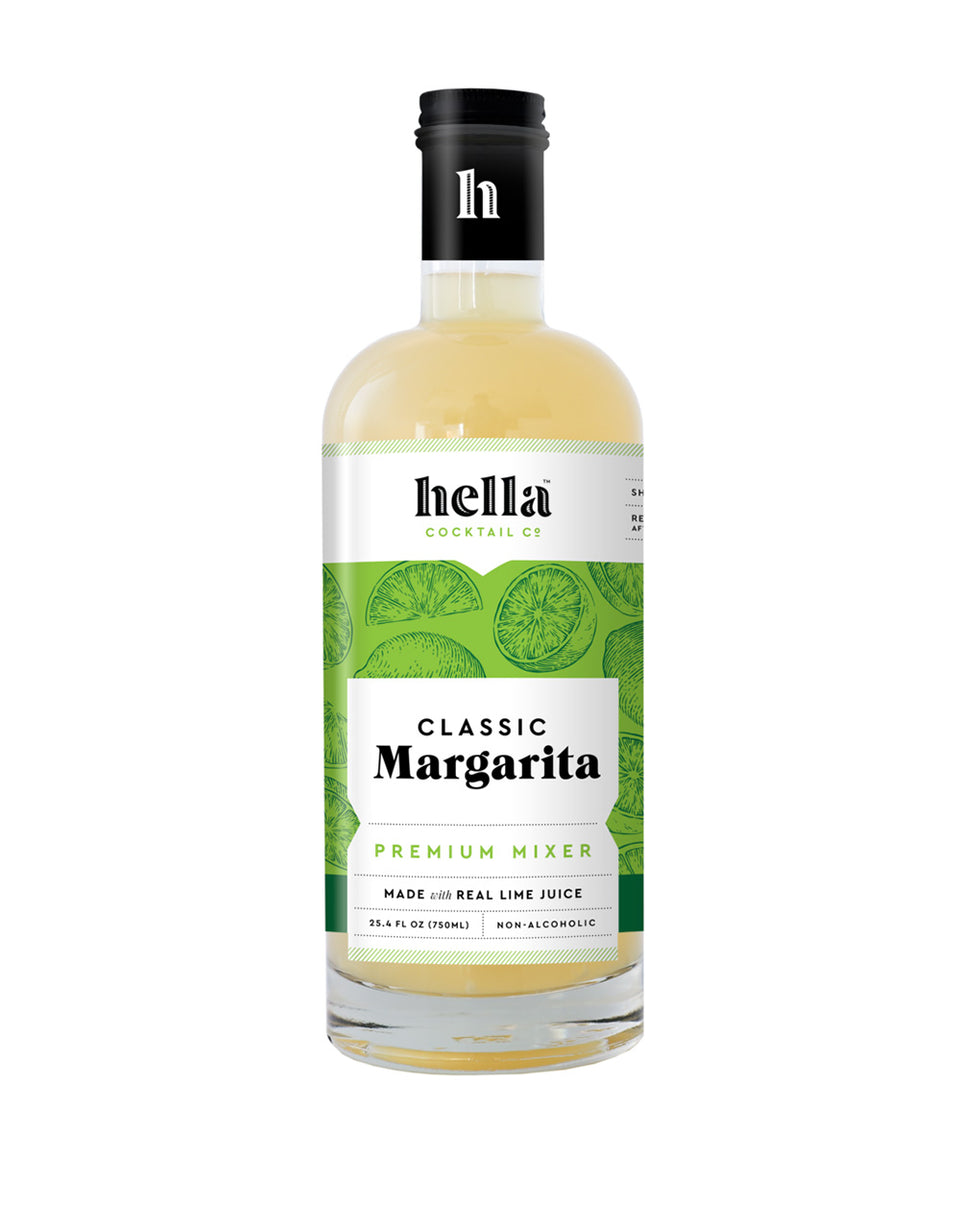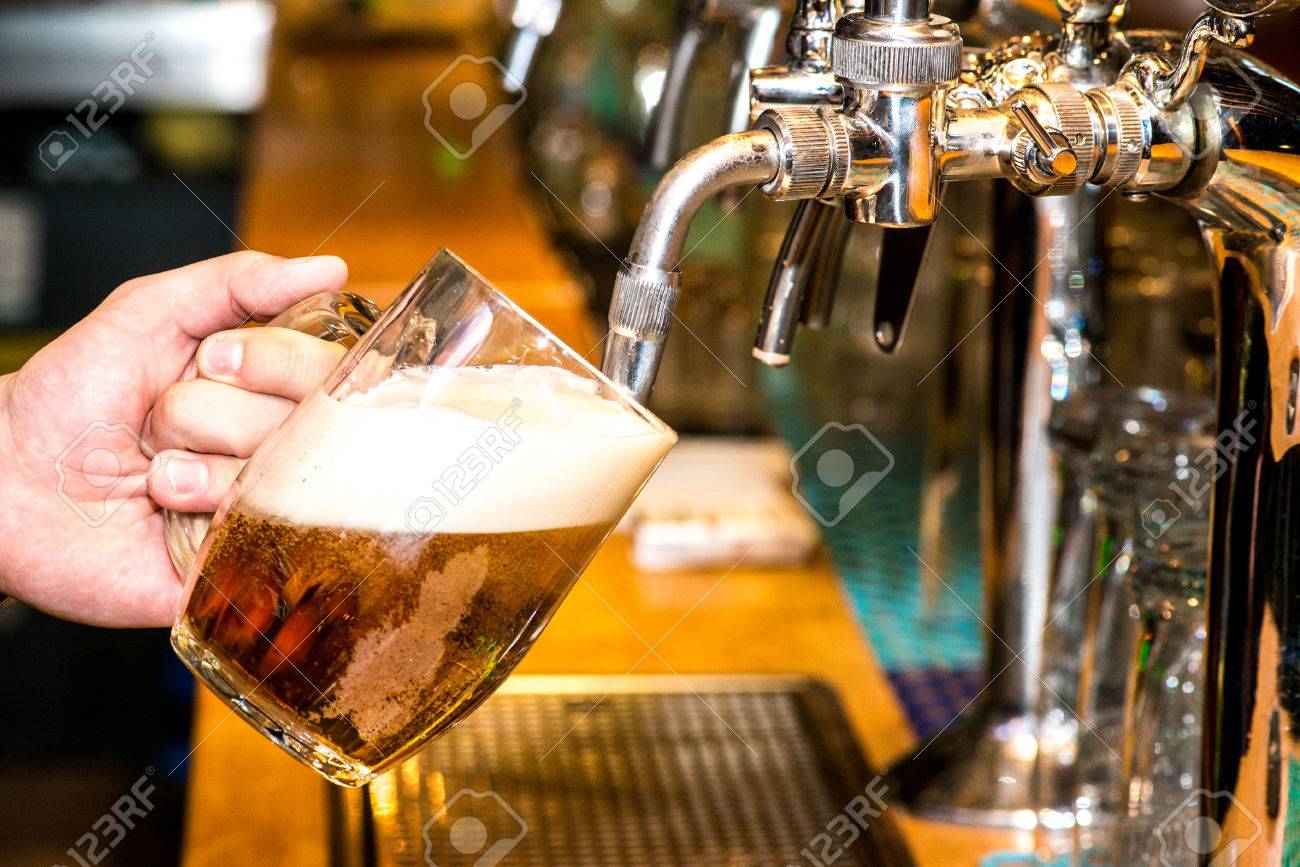
New York bartending licenses do not have to be obtained. However, it is a good idea to obtain it in order to better understand state laws regarding serving alcohol and recognizing underage patrons. This will prevent injury and death and ensure your business is legally and safely operated.
New York State Liquor Authority issues beer, cider, and liquor licenses. Liquor permits the sale only of alcohol within licensed premises. This includes bars, restaurants, and nightclubs. You will also need a permit to sell alcohol after 4 AM. Some states have a limit of 8:00 AM to 4:00 AM. The establishment may be held liable if an intoxicated patron leaves the bar without paying. Additionally, all bartenders that serve alcohol must adhere to state laws concerning serving intoxicated patrons.
New York City has many bars and nightclubs. However, there are strict laws that govern the sale of alcohol to minors. It is illegal for minors to consume unconsumed alcohol, and it is also against the law to serve alcohol to intoxicated persons.

New York's bartending classes will cover state laws and the importance of identifying patrons under 18. They will also discuss beer production, tapping kegs and service etiquette. Learn about wine and glassware.
Also, you can learn about the safety of your bar and restaurant's environment. You'll also learn about federal, state, and local liquor laws.
To apply for a New York bartending licence, you will need to complete training at the Local Bartending School. Additionally, you must complete at least 20 hours of instruction and a 40 hour course. Finally, you must pass an exam. You may have to pay $100-$1000 depending on which school you choose.
New York Bartending Licenses give you an advantage over other bartenders. This certificate is also great for your resume. Employers will see that you are knowledgeable about liquor and have the certificate. Employers will hire only certified bartenders. This will help you save money on your liquor liability insurance. You will save money if you are more experienced in bartending.

Bartending in New York City is not an easy job. Bartenders have to be able deal with drunk patrons, clean vomit, and break up fights. Also, they must have thick skin. Bartending can be a lucrative career and a fun one. The average salary for a bartender in New York is about $29,130. This is a decent salary for such an important job.
There are many types of bartending classes. You can take some online while others will meet you in person. It is crucial to select a class that meets your needs. There will be a 10-hour course offered by some schools, and others that offer a two-day course. While some classes teach you how make various drinks, others focus on keg tapping. A course designed for beginners is also available.
FAQ
What size ice cube tray is best?
You'll need either an 8-inch x 6-inch or 7-inch-x 7-inch ice-cube tray.
What types of glasses should i buy?
You should choose glasses that can hold at most 4oz (118ml) of liquid. Glasses with a larger volume can heat up and lead to burns.
Which cocktail is your favorite?
Fresh ingredients make the most delicious cocktails. They should have a unique taste profile and be well balanced.
Mixing spirits with drinks is a must. If you're using cheap vodka, then you may as well just drink water.
What's a shaker?
A shaker allows you to combine multiple ingredients. The shaker comes with a strainer so you can strain any remaining solids from the mixture. The lid helps to prevent any unwanted odors from escaping during shaking.
Statistics
- You can simply follow the rule of thumb: $1/beer or wine, $2/ cocktail, and 10-20% for large tabs. (alembicbar.com)
- majority of pineapple juice and Malibu rum is only 21% alcohol content. (breakingtheboredom.com)
- It is customary to leave a tip of 10-20% of the bill total. (boguesounddistillery.com)
- If you choose one that's made with 100 percent agave (like Milagro or Sauza), you'll save a ton of money and still get a great-tasting drink. (mashed.com)
External Links
How To
Favorite Drinks to Starters
Favorite drinks to start with
A beginner is someone just beginning to drink alcohol. A beginner usually drinks one beer at once, while they watch television or play video games. A beginner isn't very familiar with alcohol.
Learning what you enjoy and not liking is the first step to becoming a better drinker. You should try many types of alcoholic beverages. Try different brands. If you like something, buy it again and again until you find your favorite flavor. Once you know what you like, then you can start experimenting with different kinds of alcoholic beverages.
You need to know the differences between non-alcoholic and alcoholic beverages if you want to be a good drinker. Alcoholic beverages contain alcohol. Non-alcoholic beverages are free from alcohol. Beer contains alcohol. Wine contains alcohol. Whiskey contains alcohol. Vodka contains alcohol. Gin contains alcohol. Rum contains alcohol. Tequila contains alcohol. Brandy contains alcohol. Bourbon whiskey contains alcohol. Scotch whisky has alcohol. Whisky is a form of alcohol. Cognac is also alcoholic. Champagne contains alcohol.
Pregnant women should not consume alcohol. Consuming alcohol while pregnant can lead to birth defects. It can also cause miscarriage.
It is addictive to drink alcohol. If you drink too much alcohol, you could get drunk. You might make foolish decisions and act foolishly when you are drunk. Alcoholism is a condition where you drink excessively.
There are many different ways to enjoy alcohol. Some people prefer to drink alone. Others prefer friends. Some prefer to go out alone with their families. There are many ways to drink.
Moderation is the key to alcohol consumption. Moderation is a limit of one drink per day. A drink equals 1/2 ounce (14g) of pure alcohol. You can feel tipy if you consume 2 beers.
Let me conclude by saying that alcohol is the most important thing to know if you want a good drinking habit. Then you need to experiment with different types of alcoholic beverages so you will know which ones you like best. Next, you should practice moderation.